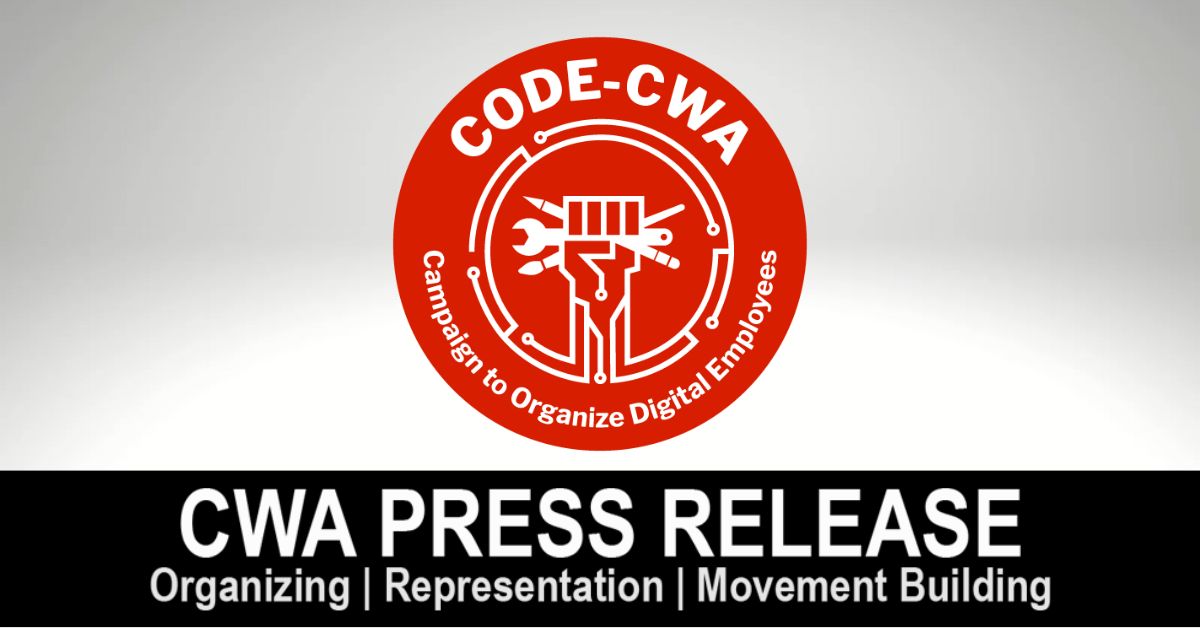- 48 Posts
- 120 Comments
What’s happening is wildly inconstitutional and violent in nature. It’s just not military violence for a military coup. Not all coups involve the military, that, if anything, here might be a stabilizing force.
After the USAID thing I called it this morning: Before the end of march the U.S. is a dictatorship in all but name.
You’re optimistic. Yarvinists are openly advocating for dictatorship.
USAID was a probing attack, gauge the reactions, develop plans, figure out how to do it better with the next department. You don’t start with Homeland Security, the CIA, or the FBI - that’s the final part.
Well, debatable. Purging the secret services first is always a great idea when you’re doing a coup.
Not everybody likes information density. Different targets, different styles.
The coup Is mostly through digital means at the moment. They are seizing IT systems and firing sysadmins who do not comply. It’s totally about technology, because this is the first coup done in a fully-digitalized global power and it looks nothing like the ones we have seen recently.
You cannot escape social norms. The act of rejecting them doesn’t free you from them. You will be judged for rejecting them and others will adapt to it, either by rejecting them too and creating a new social norm, or shunning you and attaching a certain rejection to a specific social signal. There’s nothing artificial on it. The logic you describe is very oblivious to how social norms and social actors work.
Also here we are talking about webcams not really as technological artifacts, but as social tools. Obviously it’s not a technical requirement to be presentable, but a social requirement, that’s implicit in the discussion.

 48·2 days ago
48·2 days agoIt could also be an inside job. Anti-genocide resistance within Microsoft is quite strong and active.
“Virtual backgrounds as the norm” is an interesting practice, pretty much like school uniforms erasing difference in class by dressing everybody the same.
virtual and blurred backgrounds still signal a lot. Not only they let the viewer know that your environment is not nice, but they also become aware you’re somewhat ashamed of it, enough to be willing to hide it.

 13·17 days ago
13·17 days agoIf the protocol doesn’t give incentives for an even distribution of users, it’s not going to be solved by blaming individual instances or individual users.

 2·18 days ago
2·18 days agoThere’s no evidence to support what you’re talking about. Mastodon, Misskey and Lemmy monthly active users flatlined a long ago. They are not growing and there’s no evidence they will resume to grow in these conditions.
A multi-protocol network might not be unlikely, but it will still be very asymetric, with AP as a secondary actor. Power shapes technology, not the other way around.

 2·18 days ago
2·18 days agoI wouldn’t say the fediverse is established. It’s a very small and niche phenomenon compared to mainstream social media. By now it’s clear it’s not going to ever grow to an impactful size. It’s here to stay, but it will stay as a minor, geeky thing.

 21·22 days ago
21·22 days agoThis scenario would also be aligned with the goals of this initiative. I don’t think they see a problem with it. The majority of the signatories are techno-optimist liberals who believe the good tech bros should be in control of society’s discourse to prevent the American empire from collapsing. Billionaries are evil because they are enemy of the status quo.

 2·22 days ago
2·22 days agoWell, if they build enough leverage, they could force Bluesky to adopt a version of AT that is less skewed in their favor. Protocol details are easy to change when you have only one adopter, lol. Not sure this is part of their strategy though.
Also you seem to be thinking that anybody involved in this (the fediverse, bluesky, this initiative) follow a logic of commoning, where this money will be spent to improve the technical protocol itself. I don’t think this is the goal at all here. They want to change the power structure in the world of social media and integrating with AT is just a tool for that, that might change going forward. AT is interesting only insofar it supports their goal, but the interest of the “AT commons” (which for what I know is basically non-existant) is a secondary concern for now.

 222·22 days ago
222·22 days agoMost people are not free from the need to work and might have plenty of personal factors pushing them into compliance. Working for a company that gives good conditions and good salary should never be shamed. First because it alienates the people in question, reinforcing their disregard for any ethical or political discussion. Then because it sow division among the workers. The choice of the word “guilty” makes it worse.
Working for an evil company is not intrinsically an evil act: you might be trying to unionize it, you might sabotage it from within, for your own interest (taking naps) or political reasons, you might be salting it.
If you really want to run a purity test on people, you should try at least to assess the space of action they have to fight against the company evil practices, their knowledge of it, the risks they are taking if they went for action. If a person has a chance to act against the evil impact of the company, risks pretty much nothing, has all the knowledge and psychological strength to act, and then doesn’t act, then we can start talking about unethical behavior.

 6·22 days ago
6·22 days agoWould it though? I really don’t care about AT, but from their perspective, any € spent on AT will matter incredibly more than on AP. AP is a mature ecosystem, with a lot of complex interests, endless dialects and a lot of mess to grapple with. AT is basically not a protocol yet and can be shaped a lot more.

 7·22 days ago
7·22 days agoThey are exactly the people that have always been advocating for this stuff all along. They are doing their thing. Nothing to be surprised of

 4·24 days ago
4·24 days agoYou cannot fork or edit the code, it’s just “source-available”.

 4·24 days ago
4·24 days agoI think for your use case, Anytype is good enough, but it’s not FOSS. Obsidian is also not FOSS. I’m not a purist, quite the contrary (in fact I use Notion), but maybe you want to check what’s behind.
Also, to help you make sense of your confusion and take a better decision, you’re comparing a bit apples and oranges.
Some of the tools, like Obsidian, are purely knowledge-management software with some productivity features sticked on top (like kanban visualizations).
Coda, Appflowy and Notion are primarily tools to build software, which can be knowledge-management software, productivity software or other stuff. They operate on a higher level of abstraction and flexibility, but out-of-the-box, for a single user, they are also probably worse than stuff like Obsidian.

 65·25 days ago
65·25 days agoTechnology cannot be disentangled from society and the economics that create and develop it. Technology is social process, it is not a technical matter.
The idea that technology is a thing on its own, maybe even with its own agency, is an ideological stance pushed first and foremost by the people you don’t want to hear about exactly for the purpose of obscuring their role in the whole deal.

















yes. That’s how Mussolini and Hitler got into power.